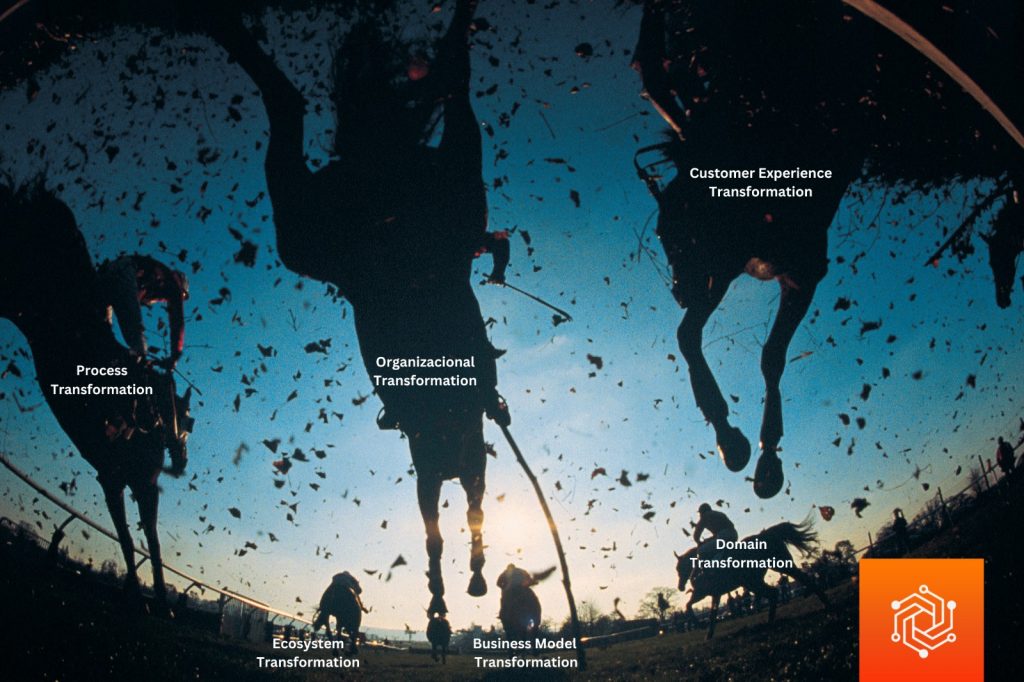News

Transforming Operations Management: The Impact of AIOps on Modern Industries
In the era of digital transformation, the complexity of IT operations has grown exponentially. With the integration of new technologies, the amount of data generated and the need for rapid responses, traditional operations management has become a considerable challenge. In this context, AIOps (Artificial Intelligence for IT Operations) emerges as an innovative solution that is revolutionizing the way IT operations are managed. This article explores how AIOps is transforming operations management and the benefits this technology brings to businesses.
What is AIOps?
AIOps, or Artificial Intelligence for IT Operations, refers to the application of advanced data analysis and machine learning techniques to enhance the automation and efficiency of IT operations. By utilizing large volumes of data from various sources, such as logs, metrics, and events, AIOps can identify patterns, predict issues, and automate responses, providing a more proactive and efficient approach to operations management.
The Benefits of AIOps
- Proactive Problem Detection
One of the main advantages of AIOps is its ability to detect problems before they affect end users. Using machine learning algorithms, AIOps analyzes data in real time and identifies anomalies and trends that may indicate an impending problem. This proactive detection allows IT teams to intervene before failures occur, minimizing impact and ensuring service continuity.
- Process Automation
AIOps also enables the automation of operational processes, such as log analysis, event correlation, and incident resolution. With automation, repetitive and manual tasks are eliminated, allowing IT professionals to focus on more strategic activities. Additionally, automation reduces response times and improves operational efficiency.
- Root Cause Analysis
Traditionally, identifying the root cause of a problem can be a time-consuming and complex process. AIOps simplifies this task by correlating data from different sources and identifying patterns that point to the origin of the problem. This quick and accurate analysis allows IT teams to resolve issues more effectively, reducing downtime and improving service quality.
- Capacity Prediction and Planning
The ability to predict future demands is essential for effective IT resource management. AIOps uses historical data and predictive models to forecast load increases and identify when resources will approach their maximum capacity. With this information, companies can plan accordingly and allocate resources efficiently, avoiding performance issues and ensuring service scalability.
- Continuous Improvement
AIOps not only resolves immediate problems but also provides valuable insights for continuous improvement of IT operations. By analyzing patterns and trends over time, AIOps identifies areas for improvement and optimization recommendations, enabling companies to continuously enhance their processes and services.
Use Cases for AIOps
- Performance Monitoring
Companies across various sectors are using AIOps to monitor the performance of their systems and applications in real time. For example, in a large e-commerce company, AIOps is used to monitor transactions, identify bottlenecks, and ensure users have an uninterrupted shopping experience.
- Incident Management
In the financial sector, where service availability is critical, AIOps is being used to detect and resolve incidents quickly and efficiently. With the automation of incident response processes, banks can ensure that financial services are always available and operating at optimal performance.
- Resource Optimization
In telecommunications companies, AIOps is helping to optimize the use of network resources and ensure that infrastructure is scalable to support the growing demand for data and voice services. This includes predicting demand spikes and efficiently allocating resources to ensure service quality.
While AIOps offers many benefits, its implementation can present some challenges. Integrating AIOps with legacy systems, data quality, and the need for specialized skills in data science and machine learning are important considerations for companies. Additionally, it is essential to ensure that AIOps adoption aligns with business strategy and that technology investments are accompanied by cultural and organizational change.
AIOps is transforming the way IT operations are managed, offering a more efficient, proactive, and automated approach. With the ability to detect problems proactively, automate processes, and provide valuable insights for continuous improvement, AIOps is helping companies face the challenges of the digital age and achieve a new level of operational excellence. As technology continues to evolve, AIOps will become increasingly essential for companies that want to stay competitive and deliver exceptional value to their customers.
Artycs can help clients with the ServiceNow ITOM platform by automating IT processes, improving problem detection and resolution with AIOps, providing continuous monitoring and predictive analysis to prevent failures, integrating existing tools and systems for cohesive management, and customizing solutions to meet clients’ specific needs, resulting in greater operational efficiency and cost reduction.
To learn more about how Artycs with AIOps can transform operations management in your company and discover innovative solutions for your IT challenges, contact us directly. We are ready to help you take your IT operation to the next level.
See the latest news here
Maximize Efficiency and Reduce Costs with AI Agents
ServiceNow, a leader in digital transformation with AI, recently announced… Continuar lendo Maximize Efficiency and Reduce Costs with AI Agents
Business Leaders and the Use of AI Platforms for Digital Transformation
Digital transformation driven by Generative AI (GenAI) is shaping how… Continuar lendo Business Leaders and the Use of AI Platforms for Digital Transformation
Intelligent Automation and Observability in Multicloud Environments
The growing adoption of multicloud environments by companies has brought… Continuar lendo Intelligent Automation and Observability in Multicloud Environments
ServiceNow Summit 2024 in São Paulo: Digital Transformation and Innovation in Focus
On August 28, 2024, São Paulo hosted the ServiceNow Summit 2024,… Continuar lendo ServiceNow Summit 2024 in São Paulo: Digital Transformation and Innovation in Focus
Automating Success: Exploring RPA in ServiceNow
Process automation has become a key component in the strategy… Continuar lendo Automating Success: Exploring RPA in ServiceNow
Innovation Beyond Expectations: How Generative AI is Shaping the Future of Customer Service for Generations X and Y
In recent years, artificial intelligence (AI) has revolutionized various sectors,… Continuar lendo Innovation Beyond Expectations: How Generative AI is Shaping the Future of Customer Service for Generations X and Y
Data + AI Strategy: Platform Focus
The key to good artificial intelligence (AI) is having great… Continuar lendo Data + AI Strategy: Platform Focus
Data + AI Strategy: Focus on the Platform
In recent years, the observation that “software is eating the… Continuar lendo Data + AI Strategy: Focus on the Platform













